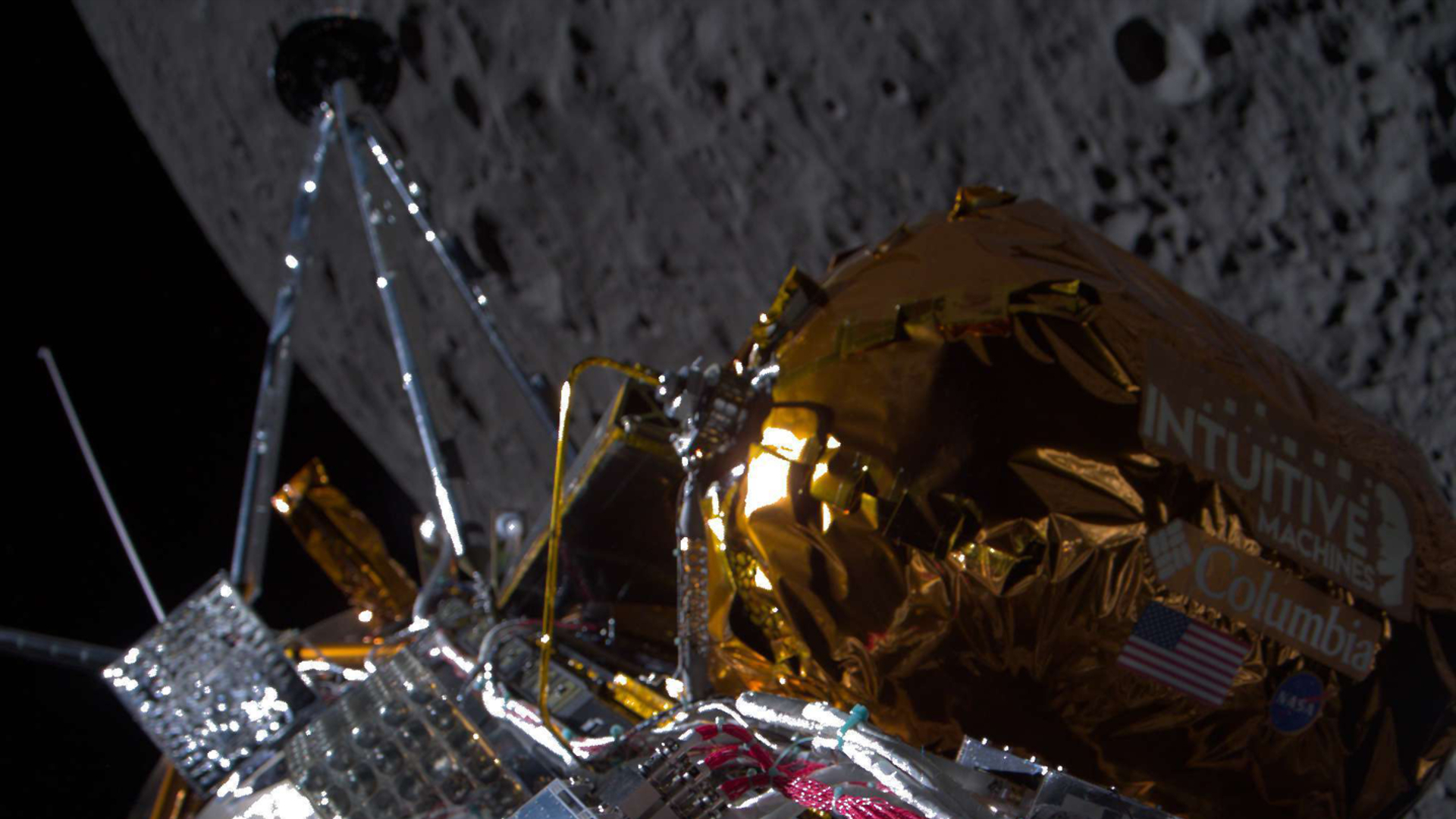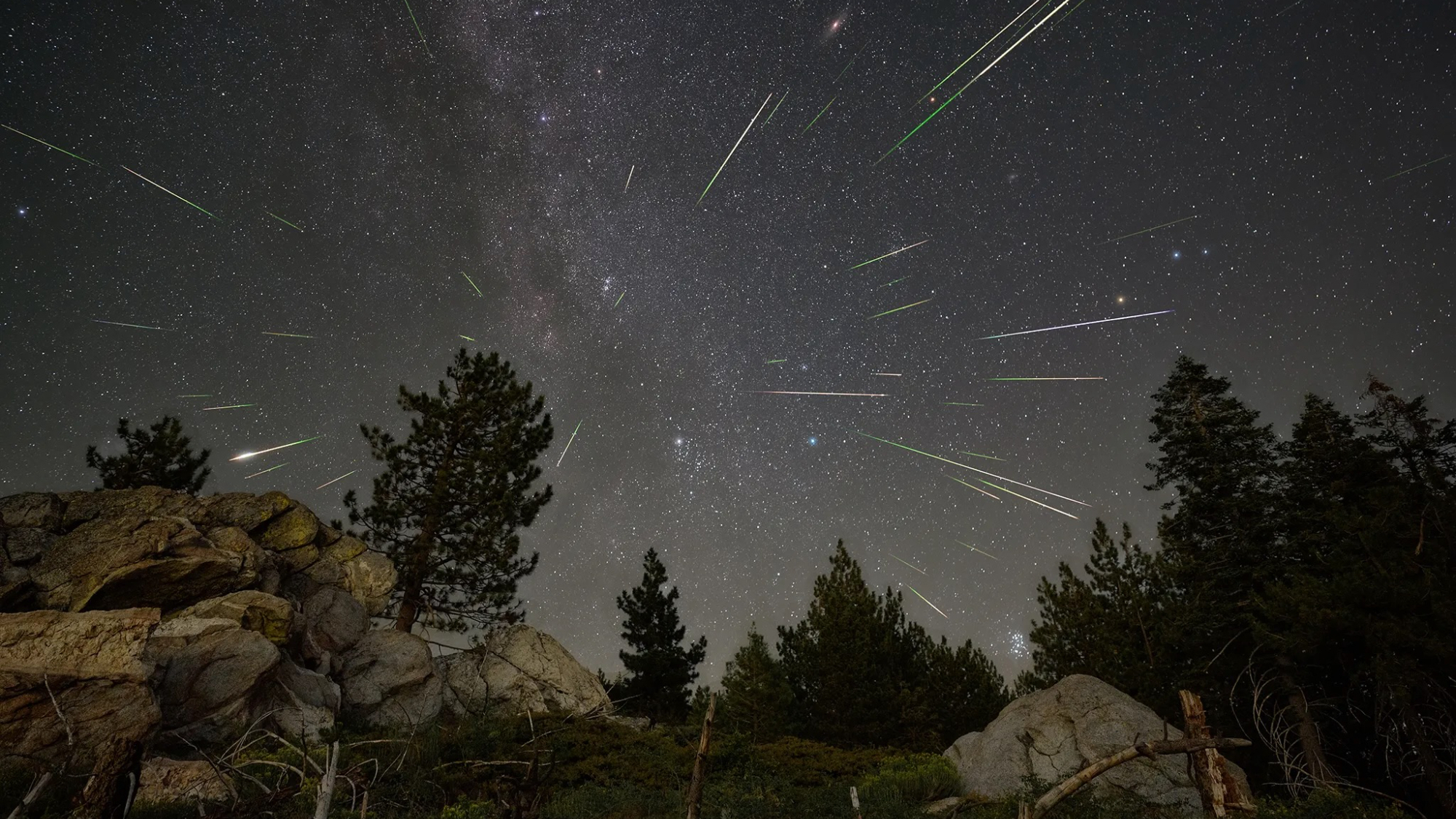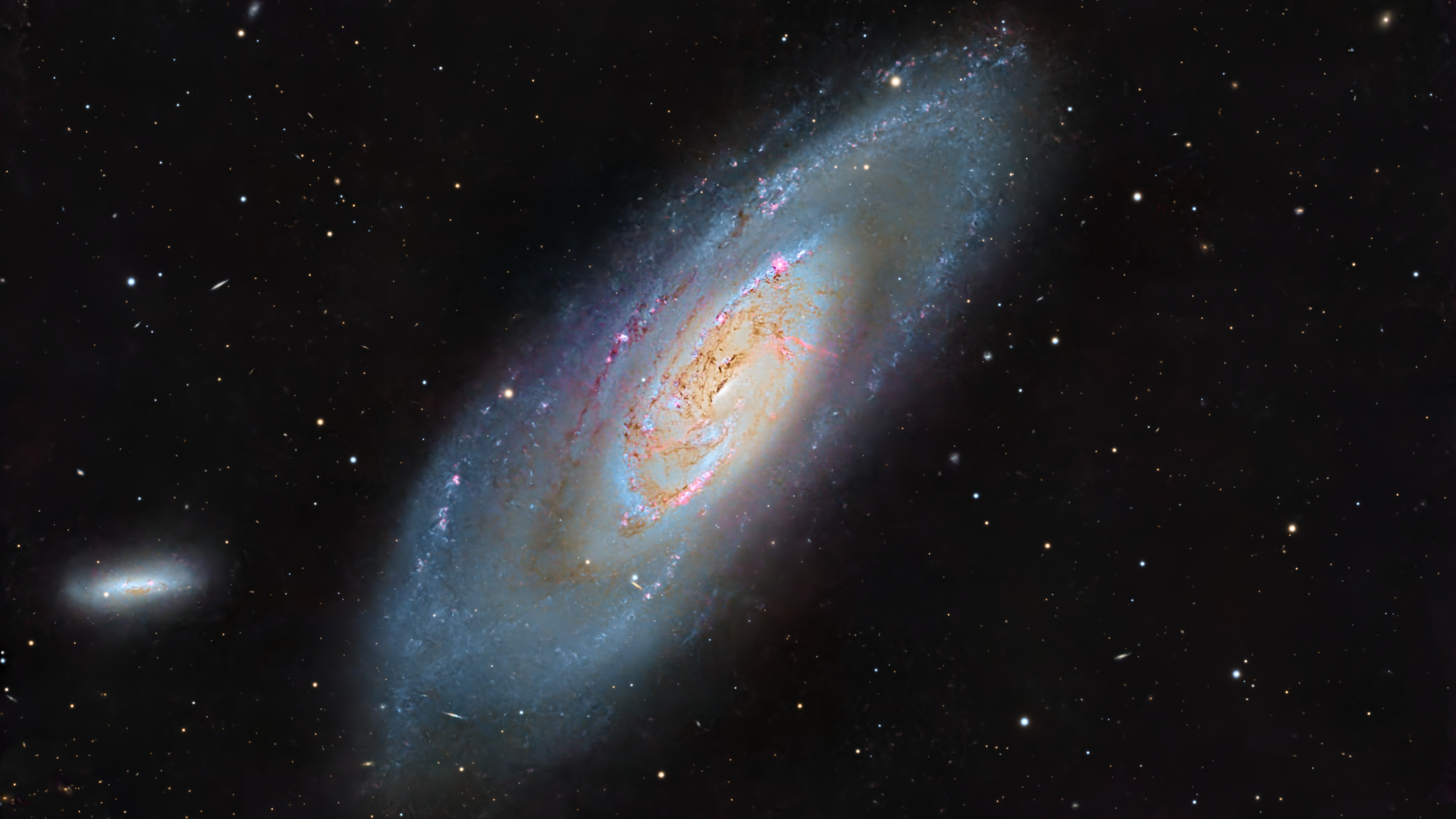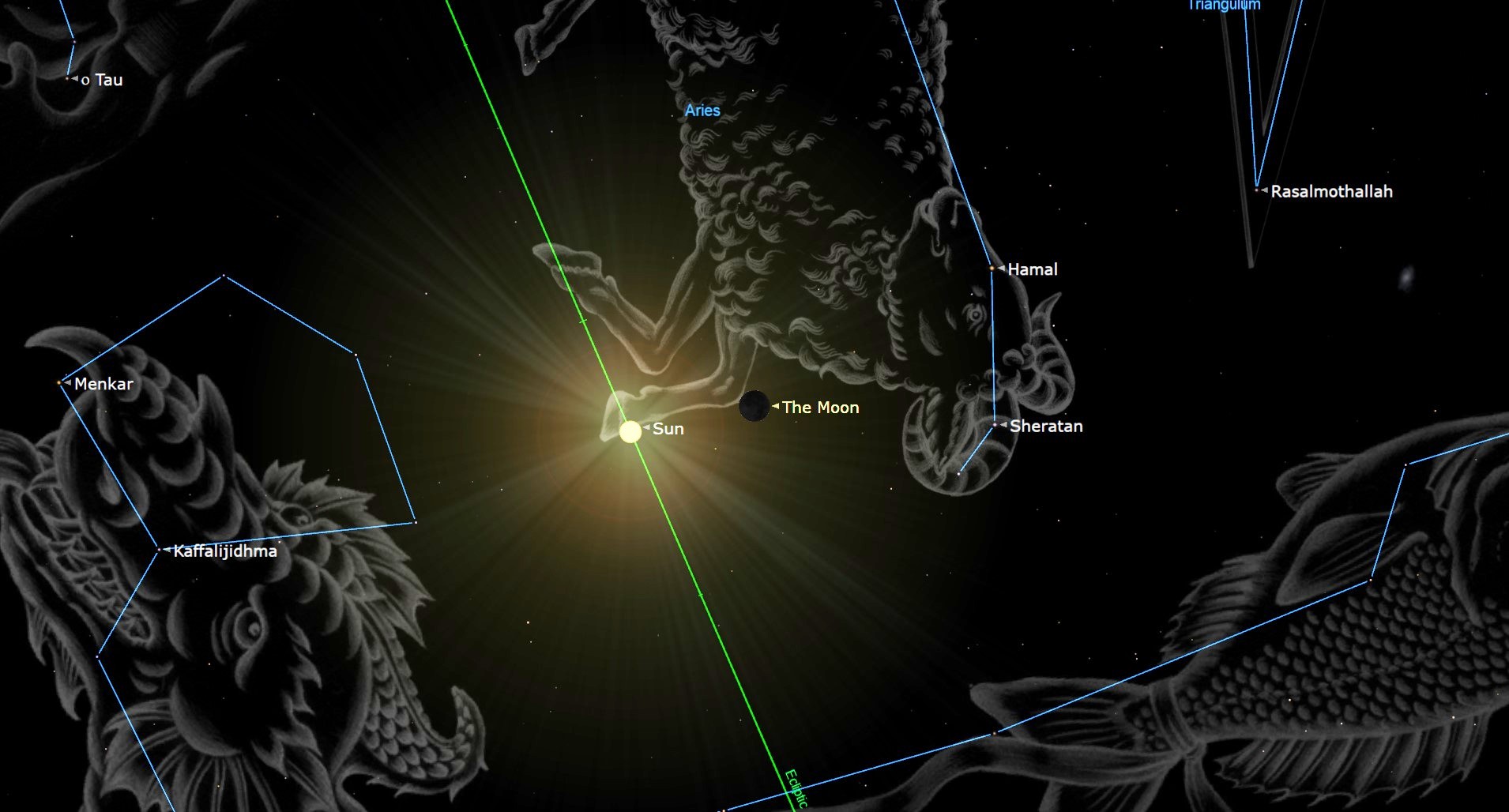
The company that pulled off the first American moon landing in more than half a century just got a shout-out from the country's commander in chief.
U.S. President Joe Biden congratulated Intuitive Machines on the historic touchdown of its Odysseus moon lander, which occurred on Thursday (Feb. 22) near the lunar south pole.
The landing was "a thrilling step forward in a new era of space exploration," Biden said in a statement released by the White House on Saturday (Feb. 24).
"I congratulate the Intuitive Machines team who successfully landed Odysseus, as well as their partners at NASA who are shaping the future of human space exploration," he added.
Related: Intuitive Machines' Odysseus moon lander beams home 1st photos from lunar surface
As Biden noted, Odysseus' mission, known as IM-1, is a partnership between private industry and NASA. The space agency, via its Commercial Lunar Payload Services program (CLPS), paid Intuitive Machines $118 million to put six science instruments on the robotic lander, which launched atop a SpaceX Falcon 9 rocket on Feb. 15.
CLPS aims to help pave the way for the return of astronauts to the lunar surface, a feat NASA is working to achieve with its Artemis program. No boots have touched the gray dirt since December 1972, when the Apollo 17 astronauts began their journey back to Earth.
Get the Space.com Newsletter
Breaking space news, the latest updates on rocket launches, skywatching events and more!
Biden compared the United States' current moon goals with those the nation articulated in the early 1960s as the Apollo program began to take shape.
"In 1962, when America's first moon landing was still years away, President Kennedy spoke to a group of students about why the United States sets such bold missions for ourselves. 'We choose to go to the moon in this decade and do the other things,' he said, 'not because they are easy but because they are hard.' And he continued, 'That challenge is one that we are willing to accept, one that we are unwilling to postpone, and one that we intend to win,'" Biden said in the White House statement.
"What was true then is true now," he added. "America does hard things. We rise to the great scientific challenges of our time. And there’s nothing beyond our capacity when we work together."
Not everything went smoothly for Odysseus during its epic touchdown last week. The lander's laser-rangefinder system didn't work as planned, for example, forcing the team to press one of the experimental NASA payloads into service in its stead.
That last-minute landing workaround did the trick, allowing Odysseus to etch its name into the history books. But the spacecraft encountered another snag when it hit the surface, tipping over onto its side inside of staying upright.
This orientation has complicated efforts to beam the lander's data back to Earth. Intuitive Machines released Odysseus' first lunar-surface photo just today (Feb. 26), for instance, four days after touchdown.
In an update today, Intuitive Machines said it will likely lose communication with Odysseus on Tuesday (Feb. 27), due to a lack of sunlight hitting its solar arrays. But other missions are set to pick up the baton, as Biden noted.
There will be "more public- and private-sector space missions to come, bringing together our international and commercial partners to return humans to the moon for the first time in decades," he said in the White House statement. "America is leading the world back to the moon."
Join our Space Forums to keep talking space on the latest missions, night sky and more! And if you have a news tip, correction or comment, let us know at: community@space.com.

Michael Wall is a Senior Space Writer with Space.com and joined the team in 2010. He primarily covers exoplanets, spaceflight and military space, but has been known to dabble in the space art beat. His book about the search for alien life, "Out There," was published on Nov. 13, 2018. Before becoming a science writer, Michael worked as a herpetologist and wildlife biologist. He has a Ph.D. in evolutionary biology from the University of Sydney, Australia, a bachelor's degree from the University of Arizona, and a graduate certificate in science writing from the University of California, Santa Cruz. To find out what his latest project is, you can follow Michael on Twitter.









